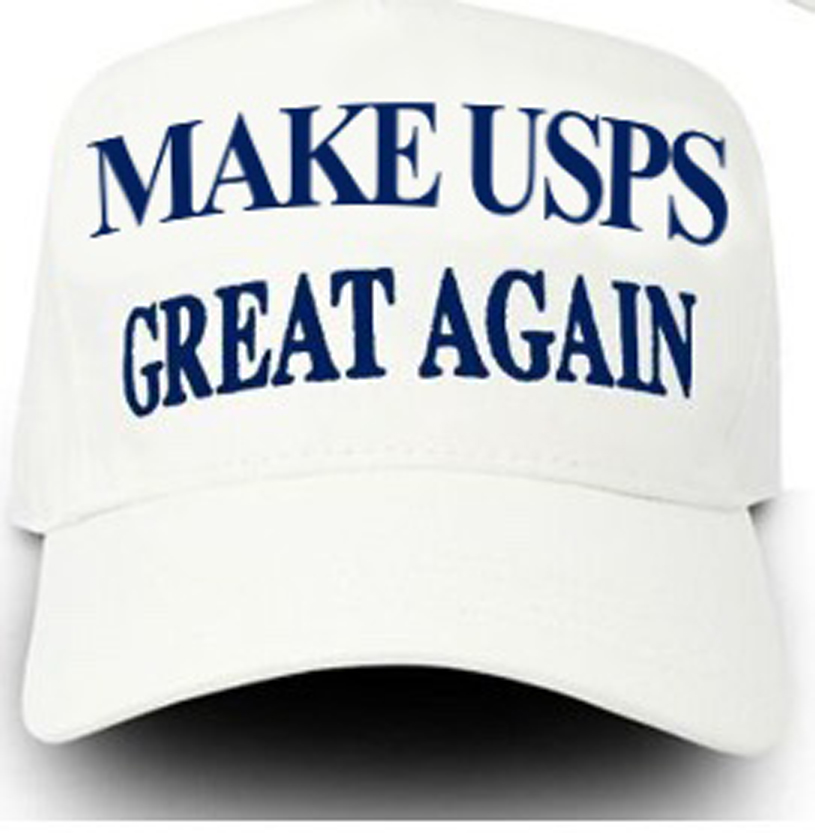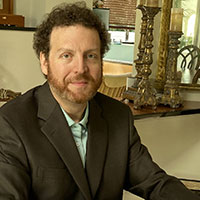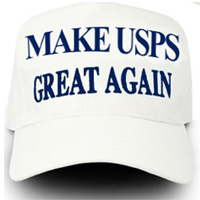Making the USPS Great Again. Could an experienced foreign postal worker get an EB-2 NIW?
By Immigration Attorney Seth Finberg

Most immigration attorneys would likely immediately discount the possibility of such a case. However, top attorneys thrive on our creativity and “outside the box” thinking with atypical clients. We always love a challenge. I would at least entertain the consultation and then see what can be done. Sometimes a complicated or less obvious case may require several client meetings to truly research and understand the idea. Don’t immediately refuse a case or a client before investigating sufficiently. Others ask “why?” and I ask “why not?”
For those who follow soccer (football) in Brazil, you may remember that everyone in Brazil has only 1 name: Pelé, Ronaldo, Neymar, Kaka 🙂 . Imagine how hard it would be to be a postal worker or a postal supervisor in Brazil with a population of over 217 million and ZERO last names. Delivering mail quickly and accurately over a large country with a greater area than the continental U.S. would be quite a difficult task even with last names. What if you already created a company or plan to create a company that could use your extensive experience in Brazil and translate it to the United States.
Make the United States Postal Service Great Again
All jokes aside, what if you had a proposed endeavor to create your own delivery system or company? What if you had an aviation or engineering background as well and wanted to incorporate drones for delivery? Improving our national mail delivery system sounds like it would have both substantial merit and national importance.
What if you were not just an average every day postal worker in Brazil but a supervisor, a leader, and an innovator. Are you someone who has created more efficient distribution patterns and systems by your clever business methods? Could you have imaginative intellectual property such as a patent or a trade secret?
What if you have an advanced degree in business administration, aeronautical engineering, management, or other relevant field that could increase efficiency and production? What if you already won many awards for your service and were recognized as a leader or innovator in your field? What if your salary was significantly higher than others in your profession? These last questions can help show exceptional or even extraordinary ability. Remember, National Interest Waivers don’t have to be just in the STEM fields or exclusively in the STEM fields.
Let’s take it a step further. What if you had similar qualifications and experiences but did your job in India, a country with 5 times the population of Brazil.
Remember Federal Express? FedEx was founded by Frederick M. Smith, a Vietnam War Veteran and graduate of Yale University who had a system specifically designed for urgent deliveries. What if Fred was Canadian, British, Australian, or Indian and had this same novel idea? Could Fred have presented his “proposed endeavor” in an EB-2 NIW petition? Did you know that Fred only received a “C” for his idea while in college. Sounds like an RFE to me. The USCIS will often default and issue a request for evidence if they do not fully comprehend or appreciate the merits of your case.
Often the USCIS, just like your economics professor, may not necessarily understand the full scope of your “proposed endeavor” nor will they necessarily consider your abilities or achievements as exceptional or extraordinary. It is your job and your lawyer’s job to prove your case. Sometimes a business or professional plan may be in order to better lay out your idea in a clear, concise, and convincing manner.
The lesson here is to not to discount any idea, plan, or case just because you don’t immediately understand it. Take the time to learn more about it and make sure you are in the position to make such a call. If you aren’t in a position, then refer the case/client to an expert or at least bring in someone else to assist you in your decision.
This article does not constitute a solicitation or provision of legal advice and does not establish an attorney-client relationship. The answers provided should not be used as a substitute for obtaining legal advice from an attorney licensed or authorized to practice in your jurisdiction. You should always consult a suitably qualified attorney regarding any specific legal problem or matter on time.
About the Author:
 U.S. Immigration Attorney Seth Finberg is a 2005 graduate of the University of Georgia School of Law. Seth is a member of the Georgia Bar, the American Immigration Lawyers Association (AILA), and serves on the Business and Investment Committee for the South Florida chapter of AILA. Mr. Finberg is the owner and founder of South Florida based Finberg Firm PLLC and he represents clients nationwide and internationally in business, employment, and investment immigration. He can be reached by phone at (305)-707-8787 or by email at seth@finbergfirm.com or www.finbergfirm.com.
U.S. Immigration Attorney Seth Finberg is a 2005 graduate of the University of Georgia School of Law. Seth is a member of the Georgia Bar, the American Immigration Lawyers Association (AILA), and serves on the Business and Investment Committee for the South Florida chapter of AILA. Mr. Finberg is the owner and founder of South Florida based Finberg Firm PLLC and he represents clients nationwide and internationally in business, employment, and investment immigration. He can be reached by phone at (305)-707-8787 or by email at seth@finbergfirm.com or www.finbergfirm.com.































